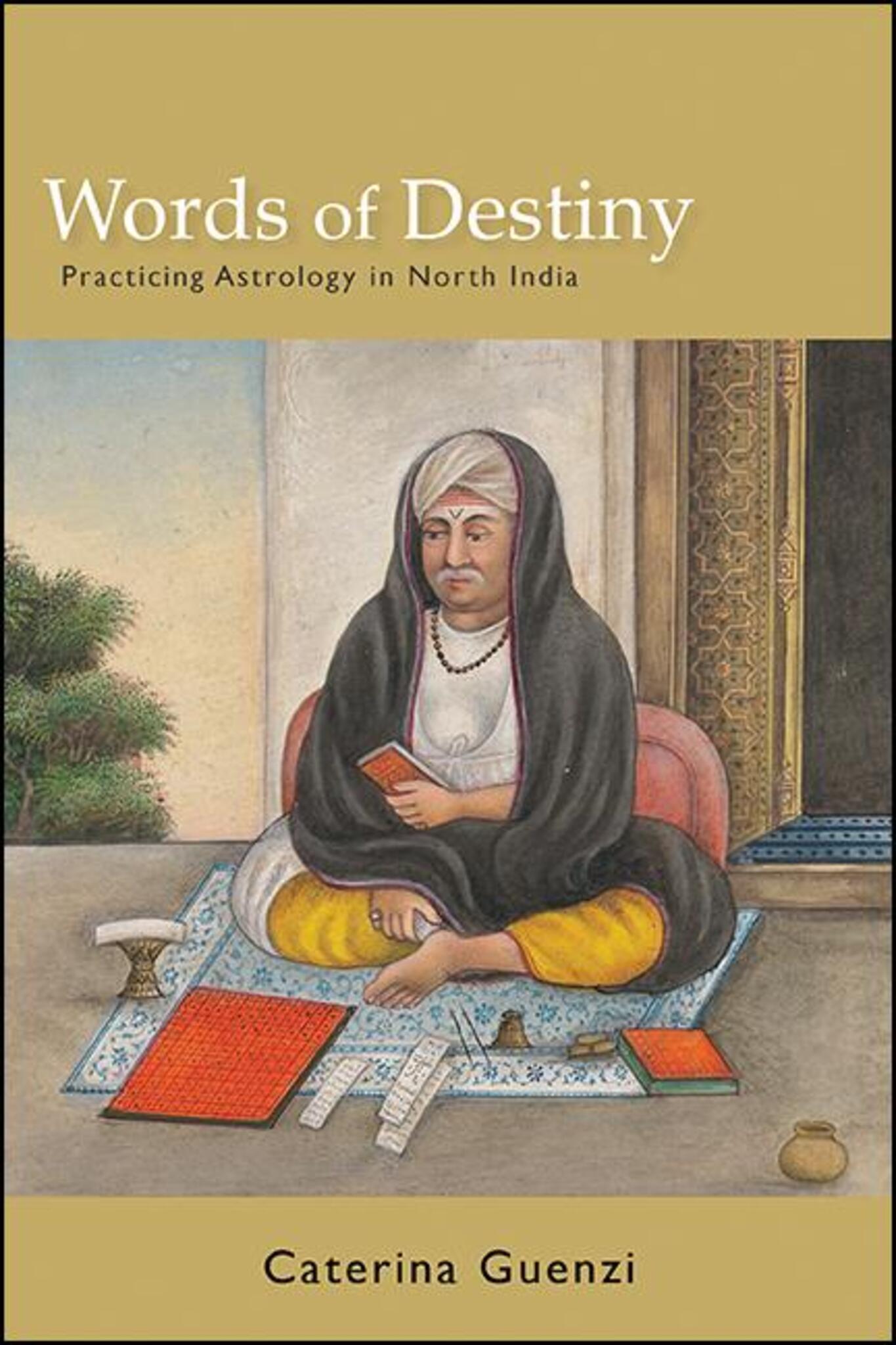We're sorry. An error has occurred
Please cancel or retry.
Words of Destiny

Some error occured while loading the Quick View. Please close the Quick View and try reloading the page.
Couldn't load pickup availability
- Format:
-
02 July 2021

Investigates the professional practices of astrologers in urban India and their popularity among the educated middle and upper classes.
Astrologers play an important role in Indian society, but there are very few studies on their social identity and professional practices. Based on extensive fieldwork carried out in the city of Banaras, Words of Destiny shows how the Brahmanical scholarly tradition of astral sciences (jyotiḥśāstra) described in Sanskrit literature and taught at universities has been adapted and reformulated to meet the needs and questions of educated middle and upper classes in urban India: How to get a career promotion? How to choose the most suitable field of study for children? When is the best moment to move into a new house?
The study of astrology challenges ready-made assumptions about the boundaries between "science" and "superstition," "rationality" and "magic." Rather than judging the validity of astrology as a knowledge system, Caterina Guenzi explores astrological counseling as a social practice and how it "works from within" for both astrologers and their clients. She examines the points of view of those who use astrology either as a way of earning their living or as a means through which to solve problems and make decisions, concluding that, because astrology combines mathematical calculations and astronomical observations with ritual practices, it provides educated urban families with an idiom through which modern science and devotional Hinduism can be subsumed.


"Guenzi's book offers a welcome overview of the principles of the Sanskrit-inflected astrology prevalent in India. But Words of Destiny does not stop there. Guenzi's book hits its stride in showing how these astrological principles are enacted and negotiated in everyday interactions between astrologers and their clients." — Isis
Illustrations
Acknowledgments
Introduction
Part I: Institutions
1. The Many Branches of a Tree: Jyotiṣa as a Scholarly Tradition
2. Professors and Prophecies: Astrology at Universities in Banaras
3. Sacred Specialists, Modern Professionals: Astrologers between the Temple and the Office
Plates follow page 100
Part II: Readings
4. Horoscopes and Truth: Divinatory Techniques and Their Applications
5. Karma and Bhāgya: The Idea of Destiny in Astrological Consultations
6. Shared Destinies: Kinship Connections in Horoscope Reading
Part III: Treatments
7. Astrology and Possession: Planetary Influence and Middle-Class Afflictions
8. More or Less Effective: Remedies and Efficacy
Conclusion
Annex: Bachelor's and Master's Syllabi in Jyotiṣa at Banaras Hindu University (BHU)
Glossary
Notes
Bibliography
Index



